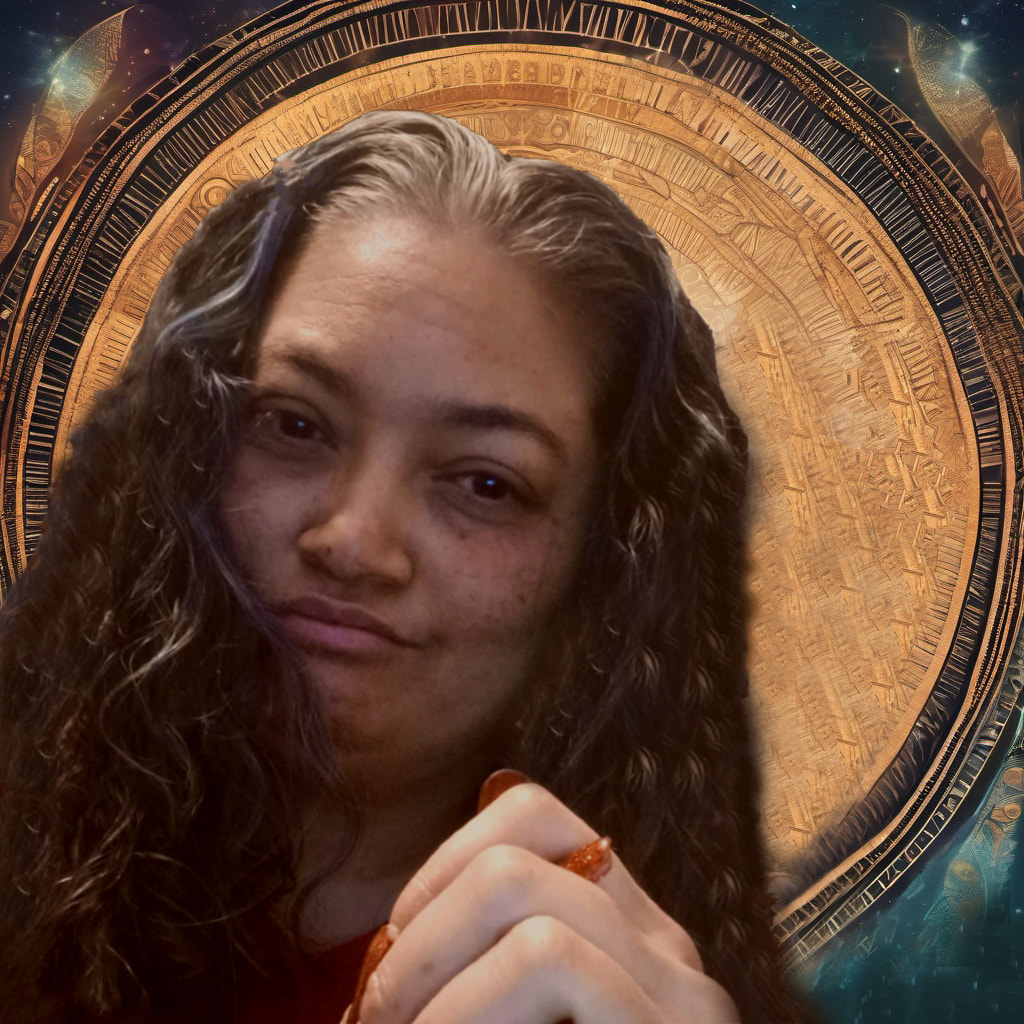|
by Joshua Packard, Fullness of Happy 
I finished reading “The Adventures of Tom Sawyer” by Mark Twain for the first time in my 30 years of life. Twain called this novel his “hymn to boyhood” and it is refreshing to read about the carefree, adventuresome antics of the mischievous Tom Sawyer and his friends.
This novel reminds one of the days before computers, and Nintendos, iPods and Playstations, when all we as kids needed was an imagination and a story to play out, whether it was pirates, or treasure hunters, or whatever fantasy would be fun to us. These were the days when treasure hunts were real, and going out to the woods and living off the land was a grand adventure. I think just the ability to look back to the way our childhoods were without all the electronics and gadgets and noises and beeps and whistles, makes this novel worth reading just in itself. I could describe the plot and the adventures in this book. But my main goal is to recommend you get a copy, read this, enjoy it heartily and bask in the nostalgia to when you didn't need advanced technology and remote controls and hi-speed Internet to enjoy yourself with friends.
0 Comments
by Joshua Packard, Fullness of Happy 
Recently, I finished reading a nonfiction book called “The Philosophy of Tolkien” by Dr. Peter Kreeft. I highly recommend reading this book for anyone who is interested in Tolkien's Lord of the Rings and other Middle-Earth novels and stories. Kreeft digs through the writings and letters of J.R.R. Tolkien and correspondence between him and his good friend C.S. Lewis of “Chronicles of Narnia” fame to demonstrate the very rich worldview and philosophy that fueled the creation of Middle-Earth and his fantasy stories. Kreeft discusses such questions as to God's existence, the existence and nature of angels, what is beauty, the meaning of death, romance and love, knowledge, history, language, politics, and ethics.
I started reading this book over a year ago and got bored for some reason. I picked it back up a couple of weeks ago and couldn't put it down. Perhaps this is because I left off on the parts where Kreeft discussed two of my favorite ideas: Predestination and Providence. I recommend especially the chapter in which Kreeft discusses Tolkien's take on ethics, especially the battle between good and evil which Tolkien dramatized in his novels. I want to highly recommend this book, though I feel inadequate to the task of doing the book justice in this review. But I want to insert here a quote about the battle between good and evil which I thought highly uplifting and inspiring: “Good and evil are not equally powerful, because they are not equally real—even though evil appears not only equal to good but even stronger than good (“I am Gandalf, Gandalf the White, but Black is mightier still”). But appearance and reality do not coincide here, and in the end evil will always reveal its inevitable self-destruction (although often after a terrible price is paid: e.g. Napoleon, Hitler, Stalin). The self-destruction of evil is not just something to believe in and hope for, but to be certain of. It is metaphysically necessary, necessary because the very kind of being evil has by its unchangeable essence. For evil can only be a parasite on good. It depends on a good host for it to pervert. “Nothing is evil in the beginning” or by nature. Morgoth was one of the Ainur, Sauron was a Maia, Saruman was the head of Gandalf's order of Wizards, the Orcs were Elves, the Ringwraiths were great Men, and Gollum was a Hobbit. And whenever a parasite succeeds in killing its host, it also kills itself. So if evil succeeds, it fails; it commits suicide.” I recommend this book highly. There are so many gems in the form of quotes from Tolkien's letters and correspondence with others such as C.S. Lewis, and I hope you will find more enjoyment in Tolkien's epic saga the Lord of the Rings after reading this book. "The Philosophy of Tolkien" can be purchased on Amazon here. by Joshua Packard, Fullness of Happy  I just finished reading “The Alchemist” by Paulo Coelho, which was a gift from my brother for Christmas. Most of all, I enjoyed reading it. It is about a shepherd boy, seeking out his destiny, or his “Personal Legend”, trying to find what he is meant to do in life. The book is about trusting one's instincts and paying attention to the omens that life provides us to guide us towards our calling. It is a very simple story, and very short and quick to read, but very insightful, It demonstrates in a story form the idea that when we are meant to do something, and when we want something with all our hearts, the universe and God conspire to lead us to the realization of our deepest and most true longings. This is an excellent, readable, and inspiring story, which is well loved and read by millions since it first was published. Go out and get a copy and enjoy reading this novel at your earliest convenience. You won't regret reading it. “The Alchemist” by Paulo Coelho can be purchased here on Amazon. by Joshua Packard, Fullness of Happy  I cannot recommend enough the reading of the Old English heroic epic tale of “Beowulf”. When I was very young, my Uncle Nathaniel told a paraphrased version to myself and my brother of this epic poem. Sometimes, I think he gave me the best version, even though later in high school, and again a few weeks ago, I read the superb Seamus Heaney verse translation. “Beowulf” is possibly the oldest surviving English story that we have today. It fills the need we have as human beings to long for virtuous and strong heroes who put their own safety and survival on the line to save and protect the innocent and vulnerable. The epic poem is really in three parts, where the hero Beowulf fights against three monsters who prey on the people in the party hall called the Hall of Hearts. Beowulf fights grotesque monsters and is rewarded greatly. I cannot do very much justice to the quality of the writing, but I recommend everyone at least read this once, if not for enjoyment than at least for historical literacy, as this is a very crucial piece of literature and has a very heroic and exciting tale to tell. Seamus Heaney's translation can be purchased at Amazon here. by Joshua Packard, Fullness of Happy  “Sir Gawain and the Green Knight” is a fairly short story of Sir Gawain of Arthur's Knights of the Round Table. In it, the Knights are having a party or banquet, and in barges a large green knight with his all green horse. The Green Knight is gigantic, and all his skin and hair is green. He makes a challenge to anyone in the hall to strike him a blow to his neck and then that whoever does so will seek him out in his Green Chapel to have the Green Knight strike at his neck also. Sir Gawain takes the challenge, and cuts the Green Knight's head clean off. Strangely, the Green Knight leaves, with the agreement that Gawain will seek him out and take a blow from the Green Knight's axe next New Year. On the way to find him that next year, he meets a king and queen and is tempted. He faces temptations to his chastity and continues on his journey to meet the Green Knight. I will not give any spoilers, but hopefully you will take time to read this story someday. One impressive thing to note is that there is a lot of alliteration in the verse. I am impressed with the translator's ability to retain the amount of alliteration from the original Old/Middle English. Simon Armitage's translation can be found here on Amazon. A translation by J.R.R. Tolkien can be purchased here on Amazon. |
Book News, Reviews, & Info
Archives
November 2018
Categories
All
|
- Brand Shamans
- Brand Healing
- Inner Healing
-
INTENT-SIVE NATURE
- Content & Brand Elevation
- Healing Jewelry & Talismans
- Bath, Beauty, & Self-Care
- Healing Sessions
- Rituals, Herbs, & Altar Supplies
- Gawwwdess Baby Boutique
- Soul Flame Gifts
- Yoga & Meditation
- Books & Media
- Education & Homeschool Resources
- Home, RV, & Decor
- Clothing
- Pets
- Custom Orders
- Monthly Subscription Boxes
- October Festivals
- Herbal Intent
- FLOW-Key Parenting
- About & Contact
- RV, Nature, & Travel Shamans
- Souls Within
- Life & Home
- Heart 'N Mind Homeschool
- The Homeschooling Mommy
- Books & Authors
- Speak Up!
- Pawsitive Pet Parenting
- Manifesterz
- Gifts In Minutes
- Brand Shamans
- Brand Healing
- Inner Healing
-
INTENT-SIVE NATURE
- Content & Brand Elevation
- Healing Jewelry & Talismans
- Bath, Beauty, & Self-Care
- Healing Sessions
- Rituals, Herbs, & Altar Supplies
- Gawwwdess Baby Boutique
- Soul Flame Gifts
- Yoga & Meditation
- Books & Media
- Education & Homeschool Resources
- Home, RV, & Decor
- Clothing
- Pets
- Custom Orders
- Monthly Subscription Boxes
- October Festivals
- Herbal Intent
- FLOW-Key Parenting
- About & Contact
- RV, Nature, & Travel Shamans
- Souls Within
- Life & Home
- Heart 'N Mind Homeschool
- The Homeschooling Mommy
- Books & Authors
- Speak Up!
- Pawsitive Pet Parenting
- Manifesterz
- Gifts In Minutes

 RSS Feed
RSS Feed




